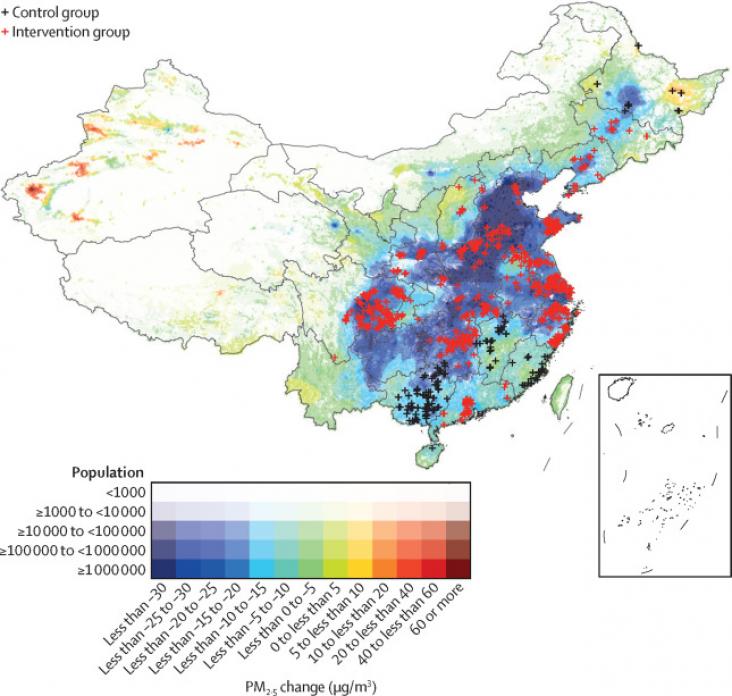The Comment, linked to the above Article on unstable housing, contributes to SDG 3 by calling for a 100-100-100 target: "stably housing 100% of PWID who are unstably housed, providing 100% of PWID access to consistent and adequate harm reduction services, and offering treatment to 100% of PWID who want substance use treatment". Such a target would be in important part of HIV and HCV elimination efforts.
This paper addresses pharmaceutical detection in groundwater.

This study supports SDGs 3 and 6 by investigating a low-cost behavioural intervention designed to increase latrine use and safe disposal of child faeces in India. The study found the intervention modestly increased latrine use and markedly increased safe disposal of child faeces in the short term, but was unlikely to reduce exposure to pathogens to a level necessary to achieve health gains.
Elsevier,
Theranostics and Precision Medicine for the Management of Hepatocellular Carcinoma, Volume 1 - Biology and Pathophysiology, 2022, Pages 257-285
This chapter aligns with the SDG goal 3 of good health and wellbeing by showing the current view of the pathogenesis of HBV and HCV along with the report on their relation to the genotypes.
Evaluates prognostic factors for sex differences in lung cancer survival.
Research looking into the disparities between male and female researchers in hematology
This study investigates how the sources of carbon emissions affect life expectancy. The study sample includes 68 developing and emerging economies for the period 1990-2017. Disaggregated analysis is performed on: (1) emissions sources; (2) income groups. A negative nexus between life expectancy and CO2 emissions exists for emerging ones. However, CO2 emissions seem to improve the life expectancy for developing countries.
Background: China has the highest prevalence of hepatitis B virus (HBV) infection worldwide.

Background: Air pollution might accelerate cognitive ageing; it is unclear whether large-scale interventions, such as China's Clean Air Act (CCAA), can mitigate cognitive deterioration.
A Review in support of SDGs 3 and 12, focusing on the decrease in traditional food availability and the increase in food import dependence in small islands, discussing the resulting reduction in diet quality and food security and the increase in type 2 diabetes risk.
